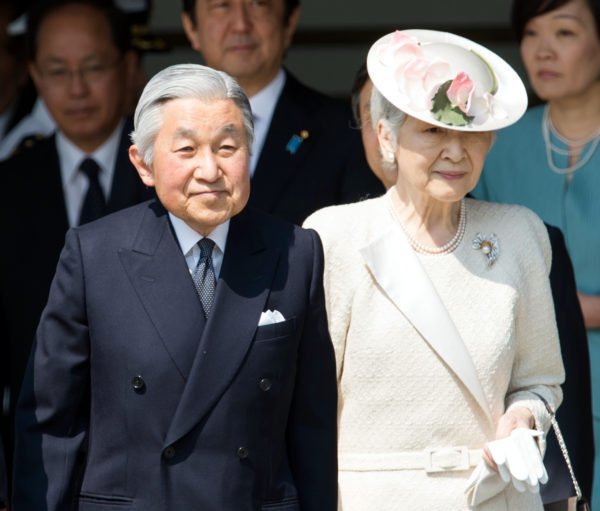Emperor Akihito Expected to Abdicate in 2018
Japan’s has cleared the way for Emperor Akihito’s abdication after the parliament has passed a one-off bill.
Akihito, 83, is the first emperor to abdicate in 200 years.
In 2016, he said that his age and health were making it hard for him to fulfill his official duties.
However, there was no provision under existing law for Akihito to abdicate.
The government will now begin the process of arranging his abdication, expected to happen in late 2018, and the handover to Crown Prince Naruhito, 57.
Akihito, who has had heart surgery and was treated for prostate cancer, has been on the throne in Japan since the death of his father, Hirohito, in 1989.
In a rare address to the nation in 2016, Akihito said he was beginning to feel “constraints” on his health which were making it hard for him to fulfill his official duties.
The emperor is constitutionally barred from making any political statements, so he could not say explicitly that he wanted to stand down as that would be considered comment on the law.
The newly passed law says that on abdication, the emperor’s son, Naruhito, will immediately take the Chrysanthemum Throne, but that neither he nor his successors would be allowed to abdicate under the law.
The government is yet to set a date for the abdication, but the bill says it must take place within three years of the law coming into effect.
The handover is widely expected take place in December 2018.
The emperor has no political powers but several official duties, such as greeting foreign dignitaries. Japan’s monarchy is entwined in the Shinto religion and the emperor still performs religious ceremonies.
Most support the emperor’s desire to abdicate – a survey by the Kyodo news agency after Akihito suggested he wanted to step down found more than 85% saying abdication should be legalized.
A discussion about whether or not a woman would be able to ascend the throne was triggered in 2006 when the emperor had no grandsons, but was postponed after a boy was born to the imperial family.

